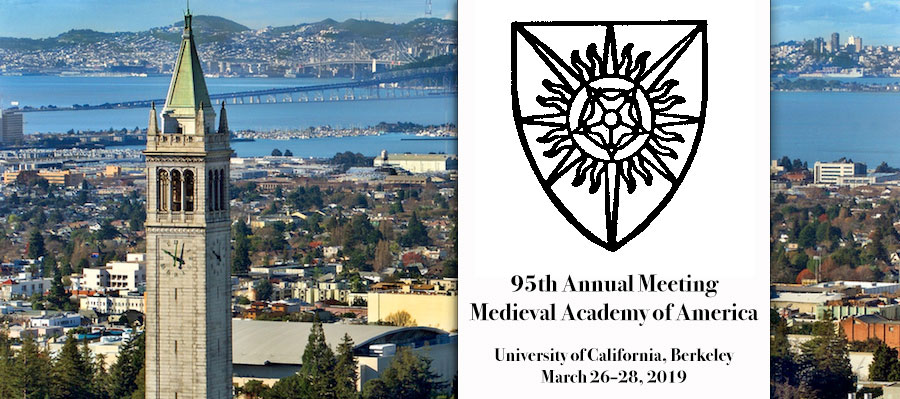Diversity and Identity in the Medieval Mediterranean, session at the 95th Annual Meeting of the Medieval Academy of America, University of California, Berkeley, March 26–28, 2019
Papers are being sought for a panel, “Diversity and Identity in the Medieval Mediterranean,” sponsored by the Mediterranean Seminar and the CU Mediterranean Studies Group. to be proposed for the annual meeting of the Medieval Academy of America to be held at Berkeley CA from 26–28 March 2020 under the rubric “Multilingualism, Multiculturalism, Multiconfessionalism in the Medieval Mediterranean.”
One of the hallmarks of both the Islamic- and Christian-dominated Mediterranean of the Middle Ages was its multilingual, multicultural, multiconfessional and multiethnic character – not only in terms of the region as a whole, but of the internal configuration of the various kingdoms, caliphates, empires, and republics that constituted it. This diversity brought both opportunities and challenges to majority and minority communities and their constituents, ideologues and rulers, and was a foundation of the cultural, intellectual and social dynamism of the region. It was a source of conflict and a catalyst for compromise, posing dilemmas and proffering opportunities to rulers and ruled. Diversity was not only cross-confessional, but intra-communal. The realities of diversity and ideals of homogeneity, together with the institutionalization of hierarchies of ethno-religious status produced tensions and required compromise, while vectors of identity that crossed ethnic, linguistic and confessional lines engendered inter-communal social solidarities and cultural engagements. Nor were modes of identity exclusive or monolithic: many individuals, collectives and institutions simultaneously manifested multiple modes of identity, culture and language, at times in apparent opposition to each other, including multilingualism and polyglossia, syncretic religious practices, and ethno-cultural intersections.
We seek papers that explore any aspect of medieval Mediterranean diversity, including but not limited to the realms of politics, literature, economics, intellectual culture, art and material culture, language, ethnicity and religion. Particularly welcome are papers (a) relating to the multi-religious/ethnic environment of the region, including cross-confessional influence, relations, syncretism, and literary and/or artistic representations; or (b) papers that address the longue durée, methodology, or that are comparative in approach. Topics that engage with groups traditionally under-represented in Medieval Studies are of special interest. Papers from history, art history, literary and cultural studies, or any relevant Humanities or Social Sciences discipline are welcome. Our Mediterranean is construed geographically as including southern Europe, the Near East and North Africa and extending into the Black Sea and Central Asia, Sub-Saharan Africa, and the Red Sea and Indian Ocean.
